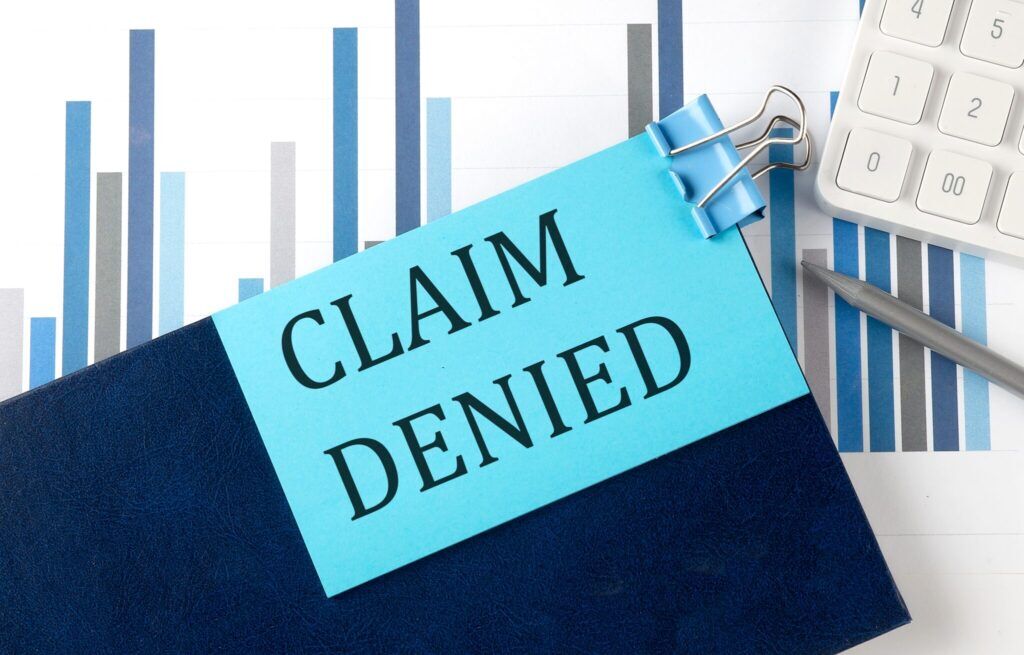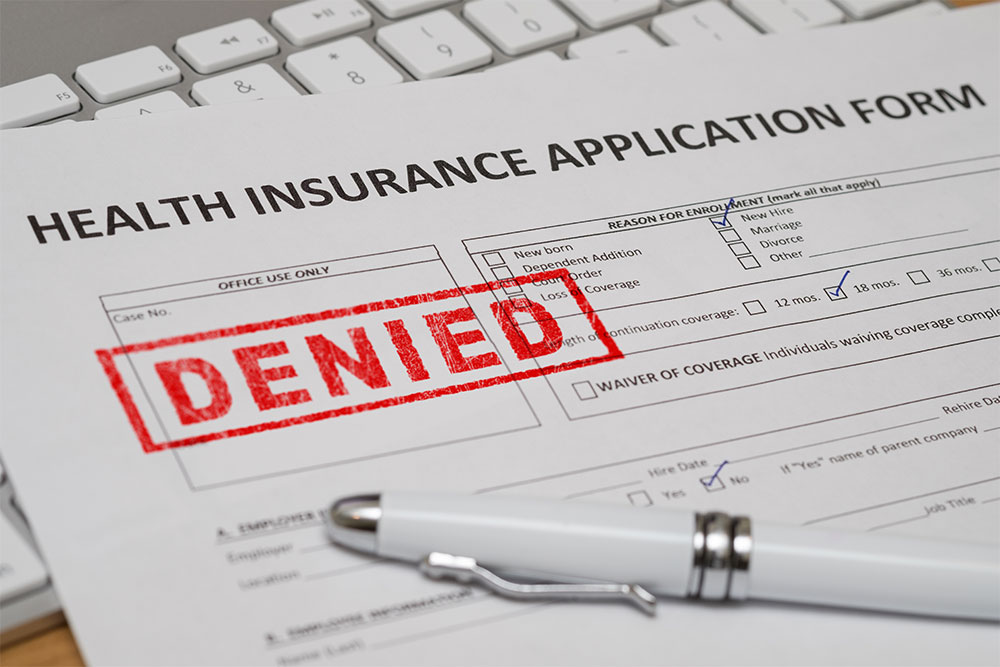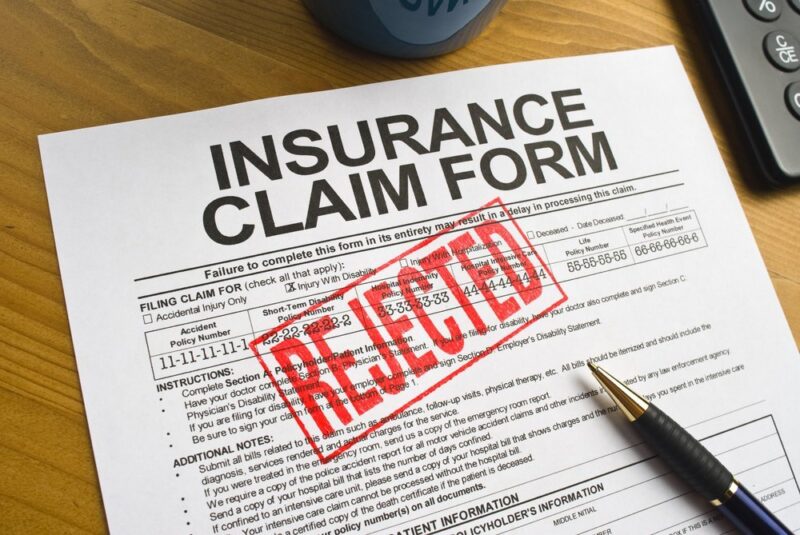Navigating the labyrinthine world of Total and Permanent Disability (TPD) insurance claims can be an overwhelming experience, especially when faced with a denial. For many, the promise of financial support in the event of an unexpected loss of ability is a lifeline.
Yet, the harsh reality is that countless individuals find themselves grappling with rejected claims, often leaving them in precarious situations. Understanding the intricacies behind these denials is crucial; there’s a complex interplay of policy jargon, medical documentation, and legal standards at play.
But dont despair—if your claim has been denied, there are pathways to challenge that decision. With the right guidance and support, you can reclaim your due rights and navigate the often tumultuous journey toward securing the benefits you deserve.
Common Reasons for TPD Insurance Claim Denials

When it comes to a declined TPD claim (Total and Permanent Disability), understanding the common reasons behind such rejections can empower policyholders to navigate the often murky waters of the claims process. One frequent issue lies in insufficient medical evidence; insurers require robust documentation to substantiate a claim, and vague or incomplete medical records can lead to outright denial.
Furthermore, some claims may be denied due to non-compliance with policy definitions—if the applicant doesn’t meet the specific criteria outlined in their policy, the insurer will likely reject the claim. In addition to these factors, there’s the lurking shadow of pre-existing conditions.
Insurers may refuse claims related to illnesses that existed before the policy was enacted, deeming them ineligible for coverage under the terms of the agreement. Finally, the timing of the claim can also lead to complications; filing too late can result in an automatic denial.
It is crucial for claimants facing a declined TPD claim to be aware of these potential pitfalls, as each denial tells a story—and often, with the right approach, that story can be rewritten.
Your Rights as a Policyholder

As a policyholder, you possess a myriad of rights designed to protect you, especially in times of distress when claims become contentious. First and foremost, you are entitled to a clear explanation of your policy’s terms and conditions; this transparency is crucial when navigating the often convoluted landscape of Total and Permanent Disability (TPD) insurance.
Should your claim be denied, you have the right to receive a written justification detailing the reasons for the denial, along with any evidence supporting the insurer’s decision. It’s also important to understand that you can appeal this decision; insurers are legally obligated to review your appeal fairly.
Furthermore, you may seek assistance from external agencies, such as the Financial Ombudsman Service, which can lend a hand in mediating disputes. Remember, equipping yourself with knowledge about these rights can be a powerful tool in your journey to secure the benefits you deserve.
Steps to Take After a Claim Denial

Upon receiving a denial for your Total and Permanent Disability (TPD) insurance claim, the first step is to carefully review the denial letter. It often contains critical details about why your claim was rejected, which can guide your next actions.
Make a thorough checklist of the reasons stated and gather supporting documents that address these concerns. Its imperative to tap into the expertise of a disability lawyer or claims advocate; their insights can often illuminate pathways that may not be apparent to you.
Additionally, consider filing an appeal if you believe the denial was unfounded; many insurance companies allow this process, giving you a second chance to present your case. Be persistent—document everything meticulously and maintain records of all communications with your insurer.
Remember, each small action can inch you closer toward securing the benefits you rightfully deserve.
Conclusion
In conclusion, navigating the complexities of denied Total Permanent Disability (TPD) insurance claims can be a daunting experience for many individuals facing challenging circumstances. It is essential for claimants to understand their rights and the appeals process, as well as the importance of gathering comprehensive medical and legal documentation to strengthen their cases.
By seeking professional assistance and remaining persistent, those whose TPD claims have been declined can increase their chances of obtaining the benefits they rightfully deserve. Staying informed about the latest developments in TPD insurance policies and engaging with supportive resources can empower individuals to advocate for themselves effectively, ultimately paving the way to a successful resolution.


